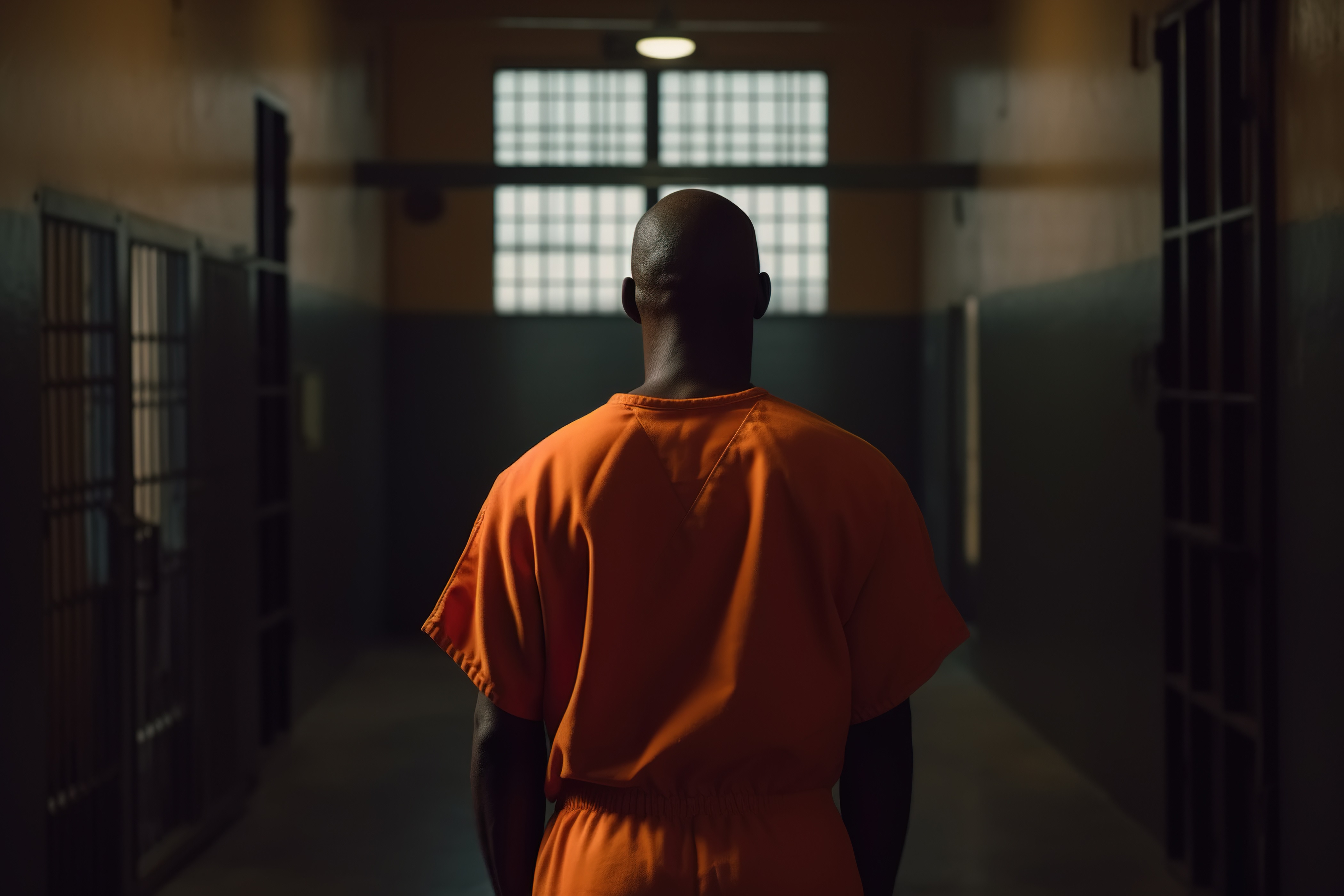Blog
Blog - Where you can find Hot Topics about news, press releases, seek out articles black-owned businesses to support, and absorb valuable life lessons from successful black entrepreneurs. Remain informed and empowered with our commitment to black news, celebrating black entrepreneurship, and fostering community development.

How Everyone Makes Money off the Black Men (Except for Him)
Police shootings (or, let’s call them what they are, executions), systemic racism pushing us out of education and closing off our business opportunities, and general discrimination just walking down the street. It’s all enough to make Black men feel like their lives aren’t valued in society. But the truth is that we are valued… when we’re being exploited for profit. You could even say we’re probably overvalued, because when people look at us they can’t even see us as human beings. Instead, they see dollar signs. They see something they can attack or manipulate or use to make a quick buck and then discard.
But maybe it’s crazy for us to expect any other sort of treatment in a country built brick-by-brick on our enslavement.

“We have the power to pass stringent police laws to govern the Negroes—this is a blessing—for they must be controlled in some way or white people cannot live among them.” - Alabama planter
The Jim Crow Laws, along with the Black Code laws, were all about the control of Black people. These included some rules you may have heard of:
- Colored vs Whites only fountains
- Separate but Equal facilities and schools
- Blacks in the back of the bus
- Limiting property Black people could own
Crazy, right? And a good thing those laws were eventually struck down, you’re probably thinking.
But there were also another set of rules under the Black Code laws that might sound more familiar, because you still see them today in one way or another:
- No loitering
- No owning weapons
- No vagrancy
- No breaking curfew
The result of these rules was that many Black people were arrested, especially when paired with a rule requiring us to show proof of employment (good luck being hired as a Black person living in the racist white South). The numbers of us getting arrested got so severe that many Southern states had more Black prisoners than white ones for the first time in U.S. history.

And every single Black prisoner could be used for profit thanks to convict leasing. They sent prisoners to work in uniforms and chains, having us hammer away at their private railways, digging and breathing in dangerous air in their mines, and once again out in the fields on their plantations… picking a certain white and fluffy crop.
I think you see what I’m getting at here. There is a direct line from slavery allowing white people to profit off us to white people using loopholes to continue that same bad habit. Even when convict leasing was widely ended nearly a century later, there’s still the 13th Amendment, the very thing that ended slavery, that still has a built-in loophole that allows us to be used for profit.
As written into the amendment itself, slavery is still allowed “as a punishment for crime whereof the party shall have been duly convicted.”
So, as long as the White cop that pulled you over gets you brought before a majority White jury and they deem you guilty of a crime, you can legally be enslaved in the current political system.
Which leads us to how criminal justice has warped into a system where racism and capitalistic greed make a toxic combination of forced labor in today’s prisons. There was a recent report about how prisoners in the U.S. are secretly working for hundreds of popular food brands. Frosted Flakes: They’re grrreeeeat for everyone except the Black men being forced to help produce them.
And it’s all legal.
There are more modern examples of how we’re taken advantage of too.
Just scroll through social media during February. Companies love to pay lip service to the idea of caring about Black History Month. They’ll throw in a few Martin Luther King Jr. quotes, post some black-and-white images of civil rights activists (which might trick people into thinking the issues they fought were a lot further in the past than they are) and call it a day. Even though those companies still will have historically low hiring rates of Black men, and even lower rates of them in executive positions. The 2024 numbers showed that Black men represented 1.6% of CEOs at Fortune 500 companies. But hiring us takes more effort than using our image to get social media likes and shares and help advertise their companies.
Sometimes they actually will hire us. After the Black Lives Matter protests, companies actually did add more jobs – over 300,000 of them, with 94% of them going to people of color. But with newly hired Black people facing greater scrutiny from their bosses, and the recent twisting of Diversity, Equity, and Inclusion (DEI) to being a bad thing by conservatives, it’s easy to imagine that many Black men were hired for a company to look good, then subsequently pushed out or fired on trumped up charges not too long afterwards.
Whether we’re out on the street, in the workforce, and certainly while in the criminal justice system, Black men are looked at as things to be used for profit and then discarded.
So, what are we to do about this?
We can talk about reparations, an effort to get the Government to (try to) fix these systemic, long-standing issues by putting enough wealth in Black people’s pockets to help undo the harm these systems have caused – and profited from – for years. But the battle for reparations is a long one, and it’s looking like the current Supreme Court would likely shoot down any big wins, which is already happening on a state level.
We can’t afford to wait around. For now, we’ve got to start doing what we can on a micro-scale to ensure that at the very least, we, and our families, are taken care of.
We need to:
1. Stay vigilant. Always be ready to leave a situation where you realize you’re being treated less like a human being than a walking, talking dollar sign.
2. Play the game. If you’re going to use us, fine, we’ll use you right back. Leverage those job positions to get better offers from competitors until you find an environment where you’re truly welcome.
3. Support each other. The system and the people holding it up do not have our best interests at heart. Only we understand what we’re facing and can back each other up as we get through it. Take the time to research, invest in, and spread the word about high-quality Black businesses.

Advertise on SBO
Add your business to SBO
Make sure to add your business to SBO
Show your support by sharing this article.
Make Sure To Follow SBO
SBO Facebook SBO X SBO Instagram SBO LinkedIn SBO YouTube SBO Pinterest SBO TikTok




